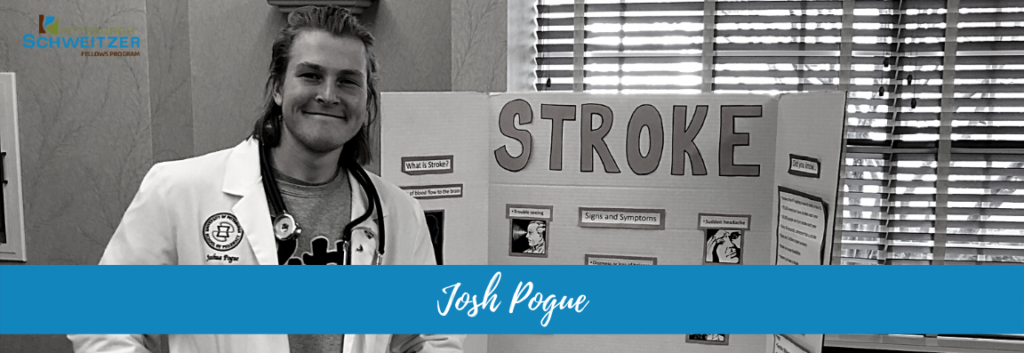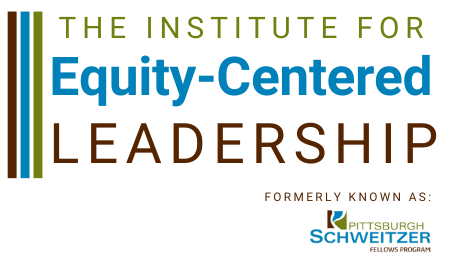
In underserved Pittsburgh communities, health is directly correlated with socioeconomic status. Josh Pogue, a student at the University of Pittsburgh School of Pharmacy and Pittsburgh native, intends to address this fundamental inequality by reaching out to underprivileged communities in his city. “Many people are subject to determinants of their health and well-being solely due to the area of the world they were born into,” he stated, emphasizing the importance of intersectionality in the field of healthcare.
Through the Primary Care Health Services network (PCHS), Josh will help Pittsburgh’s underserved communities take preventative steps for their health, such as cancer screening and treatment. “Socioeconomic status is directly correlated with higher rates of cancer and cancer-related deaths,” he said. “In many areas like Homewood, Braddock, and Wilkinsburg, the citizens have lower accessibility to the care they need to live healthy lives.” Josh’s project will support patients from initial outreach and screening to education and follow-up care. He believes that by streamlining healthcare, patients will be able to reach their full potential. “It’s incredibly difficult to navigate the system. They need someone to say we’re open, come in, and ensure that they’ll get the care they need,” he said.
He anticipates several challenges, such as limited in-person clinic time due to coronavirus and gaining patients’ trust remotely. “It’s hard to reach out to patients over the phone,” he explained, “One thing that’s really important is to properly identify yourself and make your reason for helping clear.” He also strives to emulate two of his colleagues at PCHS, Denise and Shont’e, whom he feels should be the standard for healthcare providers everywhere. “Denise is one of the doctors,” he stated. “She had such a strong hand in the project, a great perspective on how to best represent the population we serve, and boundless enthusiasm for the message.” He looks up to the way Shont’e interacts with patients, saying, “She always makes sure the patient is comfortable and feels at home, getting the necessary info to give them the best possible care, then bringing it back home with ‘this is why you’re here, why it’s important, and what we’re doing.’ She has so much positivity.”
Josh’s passion for healthcare services has grown from a love for science into a love for people. He cites one experience with a University of Pittsburgh organization, where he saw the impact of service work first-hand. “We were helping patients navigate the healthcare system. I had no idea how difficult it is. We would help patients pick a plan, talk to patients who were worried about the financial burden of healthcare, and help them figure it out.” He connected to one family in particular, a woman whose husband had recently been diagnosed with Parkinson’s disease. “They didn’t know anything about the disease or what its progression would be like. Just answering their questions and reassuring them that they would be covered, when they left that day, I felt like we had changed their whole outlook,” he recalled. “That’s what impassioned me about education. Just seeing the relief wash over their faces. It helped them gain stability in their mental state and figure out their financial situation.”
Josh is currently preparing for patient outreach by creating educational material handouts and analyzing PCHS records to identify at-risk patients, but he is looking forward to making a difference and meeting his patients. “Their lives can be changed for the better when even just one person takes the time to stop and listen to them,” he said. “All you need to do is compassionately treat them as the unique individual they are.”


































